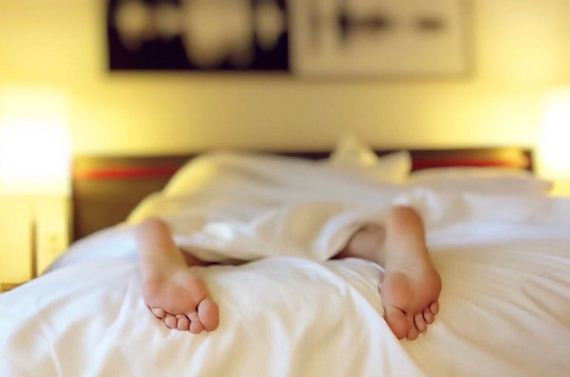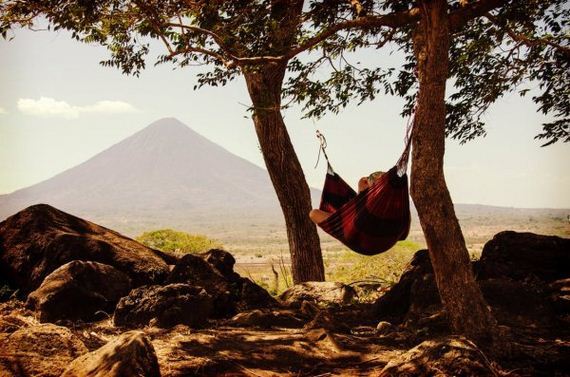A 6-minute nap can improve alertness for up to 10 hours.

NASA found that that military pilots and astronauts who took a 40-minute nap had improved performance by 34% and alertness by 100%.

In a study by the National Sleep Foundation, they found that 74% of women get less sleep a night than men.

National Napping Day became an unofficial holiday in 1999 after losing an hour of sleep to daylight saving time.

The human body is programmed for two sleep periods: in the early morning (2am – 4am), and in the afternoon (1pm – 3pm).

Spain held the first national siesta championship in October 2010 and the top napper took home 1,000 euros (about $1184).

The National Commission on Sleep Disorders estimates that 60 million Americans are chronically sleep deprived.

The best times to take a nap is eight hours after waking up and eight hours before going to bed, according to the University of California–Berkeley.

One way to prevent grogginess after naps, researchers found that naps should be limited to 20 mins or less.

A British study compared more nighttime sleep, taking a nap, and using caffeine to deal with afternoon sleepiness. The afternoon nap is the best way.

Some famous people that enjoyed taking naps: JFK, Ronald Reagan, Napoleon, Albert Einstein, Thomas Edison, and George A Bush.

Companies like Google have nap pods that block light and sound.

 Barnorama All Fun In The Barn
Barnorama All Fun In The Barn